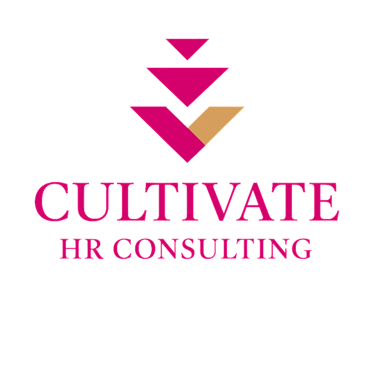Hiring Questions You Can and Can’t Ask: A Practical Guide for Employers and Managers
Blog post description.
11/1/20253 min read


When it comes to interviewing, good intentions aren’t always enough. One well-meaning question — even something as simple as “Where are you from originally?” — can unintentionally lead to legal risk or make a qualified candidate feel uncomfortable.
If you’ve ever wondered, “What’s okay to ask in an interview—and what’s off-limits?” you’re not alone. Many hiring leaders cross the line without realizing it. The good news? With a few simple shifts, you can create a compliant, consistent, and welcoming interview process that reflects your company’s professionalism and values.
Every question you ask in an interview sends a message about your company’s culture. It also has compliance implications.
Federal law — including the Civil Rights Act, Americans with Disabilities Act (ADA), Age Discrimination in Employment Act (ADEA), and Genetic Information Nondiscrimination Act (GINA) — prohibits discrimination based on protected characteristics such as race, age, gender, disability, and religion.
North Carolina adds another layer through the North Carolina Equal Employment Practices Act (NCEEPA), which bars discrimination based on race, religion, color, national origin, age, sex, and handicap.
The bottom line: even an innocent question can look like bias if it touches one of these areas.
Questions and Topics to Avoid
Certain areas are off-limits because they relate to protected characteristics. Here are examples of what not to ask:
Age: “What year did you graduate?” or “How old are you?”
Race, ethnicity, or color: “Where are you from originally?” or “What’s your nationality?”
Religion: “Do you go to church nearby?” or “What holidays do you celebrate?”
Sex, gender, or sexual orientation: “Do you prefer to be called Mr. or Ms.?” or “Are you married?”
Marital or family status: “Do you have kids?” or “Who will take care of your children while you work?”
Disability or medical conditions: “Do you have any health issues?” or “Have you ever been injured on the job?”
Pregnancy: “Are you planning to start a family soon?”
Financial status: “Do you own your home?” or “Have you ever filed for bankruptcy?”
Citizenship or country of origin: “Are you a U.S. citizen?” (You may only ask if they’re legally authorized to work in the U.S.)
What to Ask Instead
The key is to focus every question on qualifications, performance, and fit for the role.
Here are compliant, job-focused alternatives:
“Are you legally authorized to work in the United States?”
“Can you perform the essential functions of this position with or without reasonable accommodation?”
“Tell me about your experience using [specific software or tool].”
“This position sometimes requires overtime or travel—are you able to meet that requirement?”
“Describe a time when you managed competing priorities or deadlines.”
“What type of work environment allows you to do your best work?”
“What interests you most about this role and our organization?”
These questions help you assess the candidate’s skills and work style — not their personal life.
How to Avoid Missteps During Interviews
Use a structured interview process. Create a set of consistent, job-related questions and ask each candidate the same core ones. This reduces bias and ensures fairness.
Train everyone involved in hiring. Managers, team leads, or anyone who participates in interviews should know what’s off-limits — even in casual conversation.
Keep notes job-related. Document interview responses about qualifications and experience, not impressions or assumptions.
Be careful with small talk. Questions like “Do you live nearby?” or “What does your spouse do?” might seem friendly but can inadvertently touch on protected areas.
Focus on behavior and results. Use behavioral questions that reveal how a candidate solves problems or works with others.
North Carolina Employers: Know Your Responsibilities
The NCEEPA prohibits discrimination based on race, religion, color, national origin, age, sex, and handicap.
Federal law — reinforced by the Bostock v. Clayton County Supreme Court decision — extends these protections to cover sexual orientation and gender identity as well.
Employers should also remember to:
Keep interview notes factual and professional.
Store hiring records securely and retain them according to federal recordkeeping requirements.
Review all hiring materials (applications, assessments, interview guides) regularly to ensure compliance.
The Bottom Line
If a question doesn’t help you determine whether the candidate can perform the job, don’t ask it.
Keeping your questions structured, consistent, and job-related protects your business and creates a more equitable experience for candidates. The best interviews focus on skills, alignment, and potential — not personal details.
Next Step
If you’re not sure your interview process is fully compliant or want help creating structured, inclusive hiring tools:
📅 Schedule a call with me, and let’s build a hiring framework that protects your business, supports your managers, and helps you attract the right talent.
About Cultivate HR Consulting
At Cultivate HR Consulting, I help leaders take the guesswork out of HR. With the right hiring practices, you’ll not only protect your business—you’ll also create a workplace where employees thrive.
